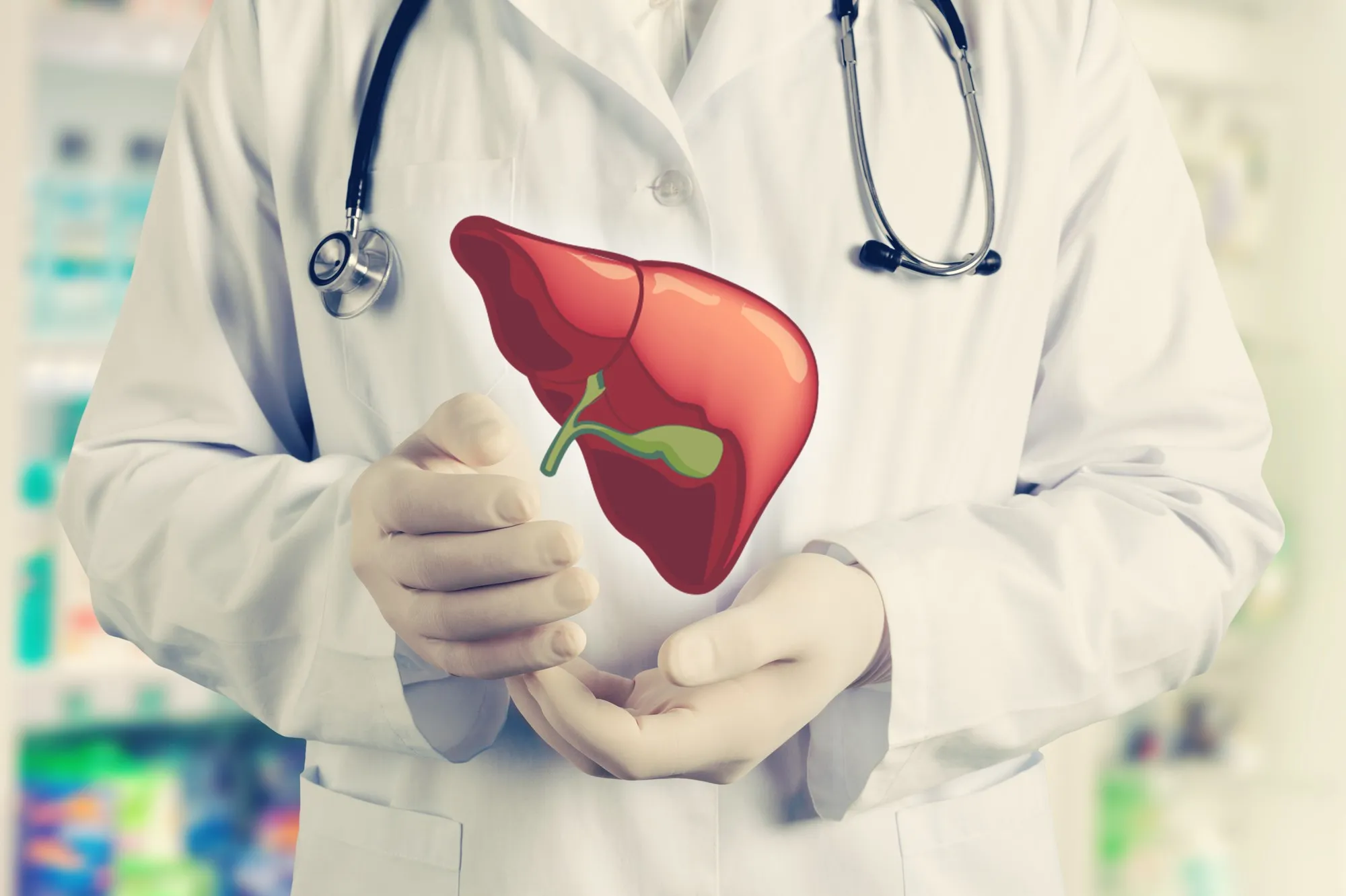A recent publication in the esteemed “Nihon Shokakibyo Gakkai Zasshi” (The Japanese Journal of Gastro-Enterology) has provided an illuminating overview of the current state and advancements in the treatment of Primary Sclerosing Cholangitis (PSC). Authored by Suguru S. Mizuno, a notable figure from the Department of Gastroenterology and Hepatology at Saitama Medical University, the article is a significant contribution to the ongoing quest to understand and effectively treat this rare but serious liver disease.
Primary Sclerosing Cholangitis is a chronic liver disorder characterized by inflammation and scarring of bile ducts, which can subsequently result in liver failure. PSC is notoriously difficult to diagnose and treat, and it often requires liver transplantation.
Mizuno’s work, published on January 16, 2024, under the DOI 10.11405/nisshoshi.121.26, delves into various approaches toward managing PSC, ranging from pharmacological interventions to liver transplantation. This timely research not only sheds light on the latest treatment strategies but also signals new hope for those afflicted with the condition.
A Comprehensive Update on Primary Sclerosing Cholangitis
Mizuno’s article stands as a comprehensive update on PSC, addressing both its pathophysiology and the latest therapeutic techniques designed to battle the disease. PSC tends to affect young and middle-aged adults, with a higher predominance in men. It’s often associated with inflammatory bowel disease, particularly ulcerative colitis. The complex nature of PSC, coupled with its lack of clear-cut symptoms in the early stages, makes timely and accurate diagnosis challenging.
The study comprehensively reviews current treatment modalities, which have predominantly included immunosuppressive and anti-inflammatory drugs, antibiotics to treat associated infections, and ursodeoxycholic acid (UDCA) to improve bile flow. However, none of these treatments have definitively altered the natural course of the disease, which progresses to cirrhosis and liver failure in many cases. Hence, Mizuno emphasizes the urgent need for more effective therapies.
Transplantation and Beyond: Comprehensive Treatment Approaches
A significant portion of Mizuno’s paper is dedicated to liver transplantation, which has come to the forefront as one of the most successful long-term treatment options for PSC. While transplantation offers a lifeline, it comes with its own set of complexities, including a critical shortage of suitable donor organs and the inherent risks associated with any major surgical procedure.
The publication also explores promising avenues in PSC management, such as the use of bile acid derivatives and novel immunosuppressive agents. Moreover, it emphasizes the importance of a multidisciplinary approach that includes continuous patient monitoring and symptom management to improve patients’ quality of life.
Groundbreaking Research Recognized Globally
This research is receiving attention from the global medical community. The depth and insights presented have the potential to influence both clinical practice and future research trajectories, solidifying Mizuno’s study as a pivotal piece in the scientific literature regarding PSC.
“In the fight against PSC, we are constantly seeking better ways to manage the disease and improve patient outcomes,” said Mizuno. “This publication represents a step forward in our understanding, shedding light on both the progress we have made and the challenges we still face.”
Keywords
1. Primary Sclerosing Cholangitis treatment
2. PSC liver disease
3. Liver transplantation PSC
4. Gastroenterology research
5. Saitama Medical University study
References
1. Mizuno, S. S. (2024). Primary sclerosing cholangitis – up to date. Nihon Shokakibyo Gakkai Zasshi, 121(1), 26-32. https://doi.org/10.11405/nisshoshi.121.26
2. Chapman, R., Fevery, J., Kalloo, A., et al. (2010). Diagnosis and management of primary sclerosing cholangitis. Hepatology, 51(2), 660-678. https://doi.org/10.1002/hep.23294
3. Lazaridis, K. N., & LaRusso, N. F. (2016). The cholangiopathies. Mayo Clinic Proceedings, 91(6), 726-735. https://doi.org/10.1016/j.mayocp.2016.02.013
4. Boonstra, K., Weersma, R. K., van Erpecum, K. J., et al. (2012). Population-based epidemiology, malignancy risk, and outcome of primary sclerosing cholangitis. Hepatology, 56(6), 2045-2055. https://doi.org/10.1002/hep.25841
5. Eaton, J. E., Talwalkar, J. A., Lazaridis, K. N., et al. (2013). Pathogenesis of primary sclerosing cholangitis and advances in diagnosis and management. Gastroenterology, 145(3), 521-536. https://doi.org/10.1053/j.gastro.2013.06.052
